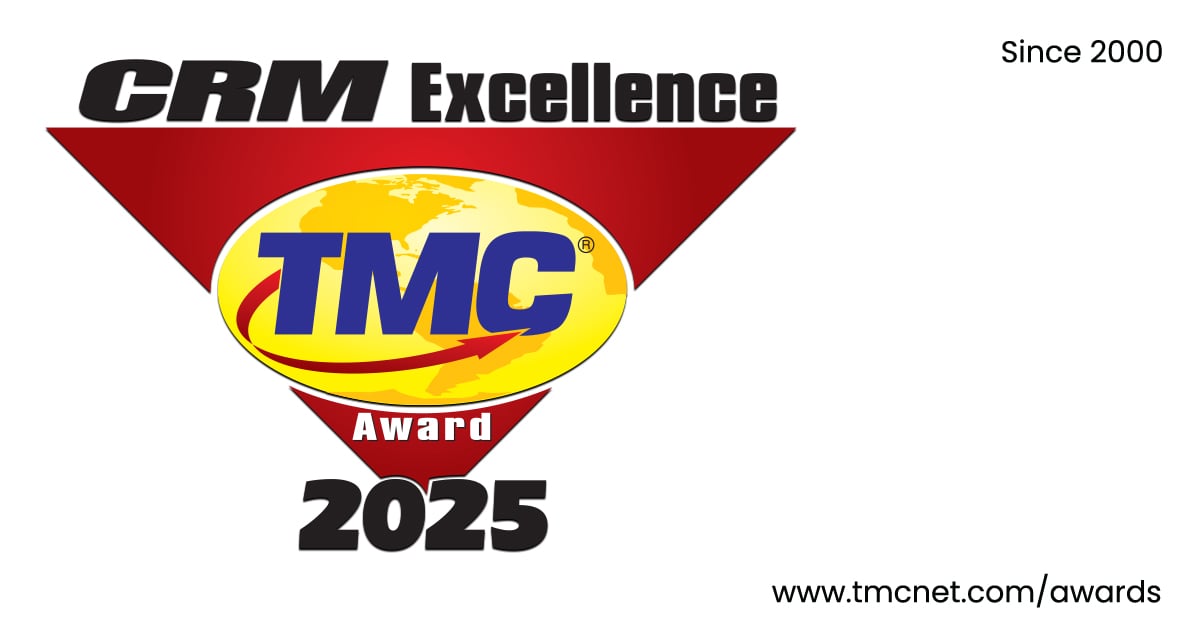CustomerZone360 NEWS
Free eNews Subscription
Related Articles
CUSTOMER Magazine Announces Winners of 2025 Voice AI Technology Excellence Awards
The Voice AI Technology Excellence Awards honor innovative solutions that harness the power of artificial intelligence to elevate voice-driven experie…
Read MoreBurnout on the Line: Smarter Solutions to Combat a Growing Crisis
Burnout is draining your contact center. Discover how better training and the right tools can keep agents sharp, calm, and performing.
Read MoreVoIP Provider Zadarma Integrates Three AI Voice Agents into its PBX Platform
London-based VoIP provider Zadarma integrated three AI-powered voice assistants directly into its PBX platform, a first in Europe, according to the co…
Read MoreCUSTOMER Magazine Announces Winners of the 2025 CRM Excellence Awards
The 2025 CRM Excellence Awards recognize companies whose products and services go beyond traditional customer relationship management, encompassing th…
Read MoreThe Future of CX: Mosaicx Unveils AI-Native Engage Platform
Mosaicx has launched Engage, its next-gen AI-native CX platform to drive improvements in customer engagement and experiences.
Read More




